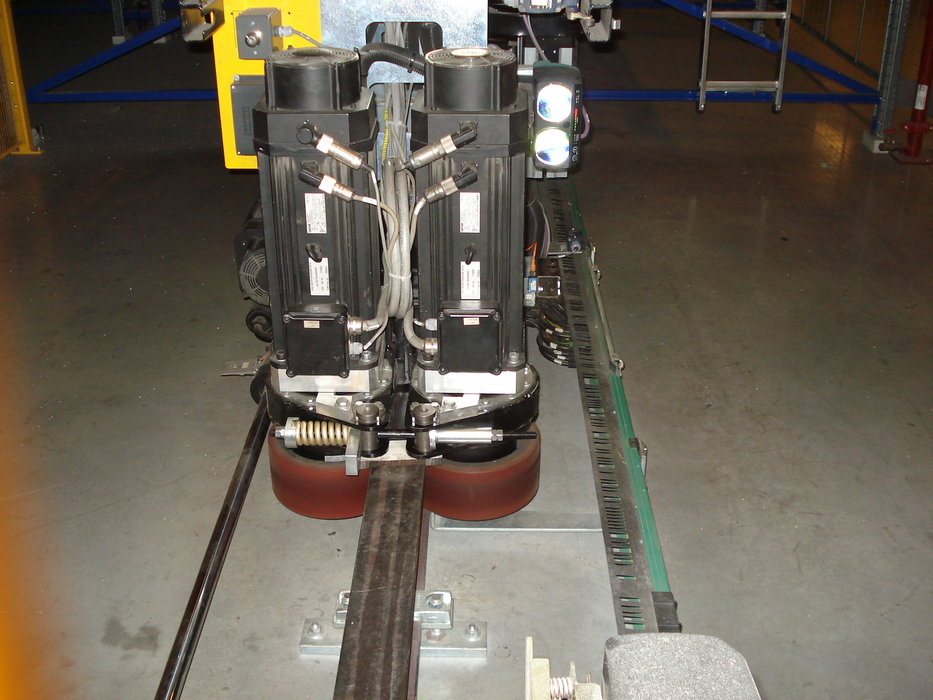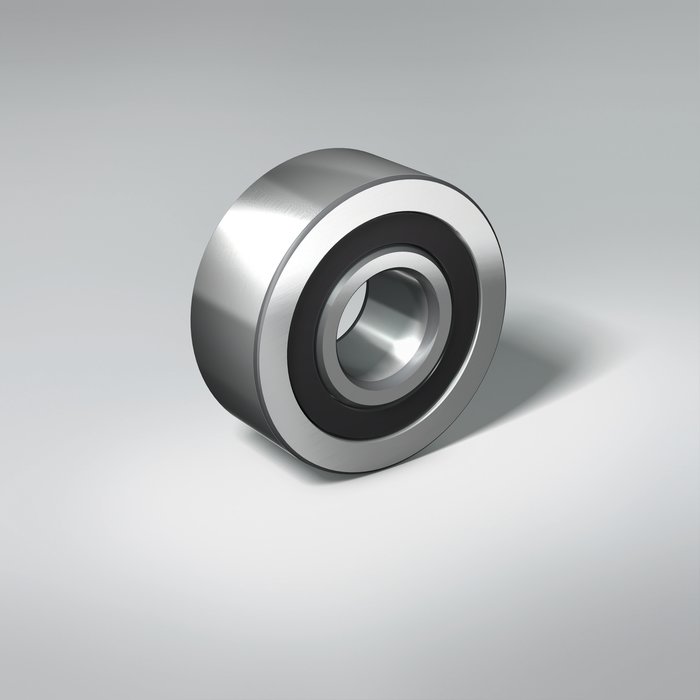www.industry-asia-pacific.com
09
'15
Written on Modified on
NSK wheel bearing units save €58,000 in annual operating costs on a new stacker crane
High availability is one of the primary criteria for stacker cranes deployed in automated storage and retrieval systems. Downtime due to breakdowns is unacceptable as material flow becomes interrupted, which in turn means production lines or customers (in the case of finished good warehouses) are left waiting for items.

A warehouse that was experiencing downtime problems requested assistance from NSK and its Added Value Programme – AIP, the proven business tool for unlocking additional profitability through improved machine reliability and increased working knowledge.
The warehouse was facing premature failures of wheel bearings on its rail-guided stacker cranes, which are a vital part of the facility’s logistics function. In total, 40 units had to be replaced within a five year period. On each of those 40 occasions, the unscheduled interruption of operations led to costly downtime and repairs.
Operating within the AIP framework, NSK experts were dispatched to assess the faulty bearings along with the environmental conditions of the application. The analysis revealed that insufficient lubrication and radial preload were the primary causes of wear on the wheel bearings.
Thanks to their ability to sustain radial and axial loads in both directions, NSK proposed the installation of lubricated, sealed for life double-row angular contact ball bearings featuring C3 class increased radial clearance. Nitrile rubber RSR seals with an integral vulcanised steel plate are a principal attribute of these innovative bearings. The seals are designed to deliver market-leading protection against the ingress of dirt and subsequently reduce wear and tear on the raceways and ball surfaces. Additional benefits include reduced vibration and lower risk of insufficient lubrication.
To demonstrate the practice behind the theory, field tests were conducted by NSK engineers. Over a one year period, the tests showed that no bearings have failed across any of the eight wheels to which they were fitted.
As a further part of the AIP process, NSK engineers amended the installation instructions and created a mounting procedure for the correct fitting of the wheel bearing units; with customer staff trained accordingly.


